By Pat Haffert
[youtube http://www.youtube.com/watch?v=2BsIxzwRdYQ]
This is a cool video of a house being gently lowered back on to its foundation. Timber piles had been driven to achieve FEMA’s base line flood elevation requirements post-Sandy and a new first floor constructed. The Press of Atlantic City article explains that the home had been in the family for years and the owner wanted to keep the original house intact:
A deep sentimental attachment prevented him from walking away from the historic property. The last seven summers of his late mother’s life…were spent in this home, Lisa said. For his father, Sam, 91,…it holds the last memories of his wife, who died in 1989 from heart problems, Lisa said.
“We’ve got a lot of good memories here, and we’re going to have a lot more,” he said.
The footage is dramatic and it all makes for a good story but this approach is costly, dangerous, and unnecessary. There is, of course, always a risk of the house being dropped. (Cranes are notorious for dropping large items.) The owner could have used helical piers and avoided the cost and risk of a lift by crane. Helical Piers are segmented piles so all you need to do is crib up the structure, install the piles underneath, remove the cribbing, and add a first or second story similar to what Ambrose Homes did in Provincetown, MA. (This project was featured in the Journal of Light Construction.)


In this instance, they raised the original first floor up, installed the helicals for support, and constructed a new first floor addition. Simple, effective, and for considerably less money.
_________________________________________________________________________
Pat Haffert is the Seminar Manager for Danbro Distributors. He has been working with Danbro and helical piers for 15 years. If you or your company is interested in a lunch-and-learn presentation on the use of helical piers, please contact him at pat@danbro.com.
Read Pat’s previous article, “From One Storm Survivor to Another,” to learn more about his own family’s storm history.




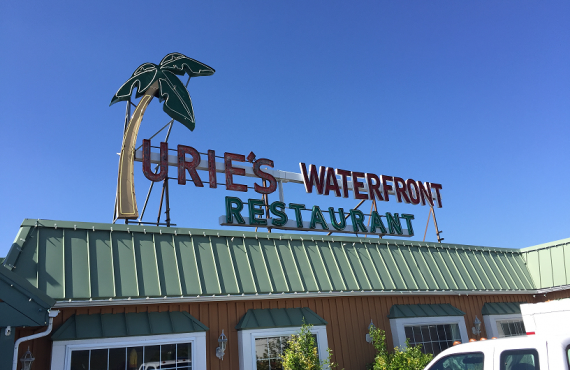
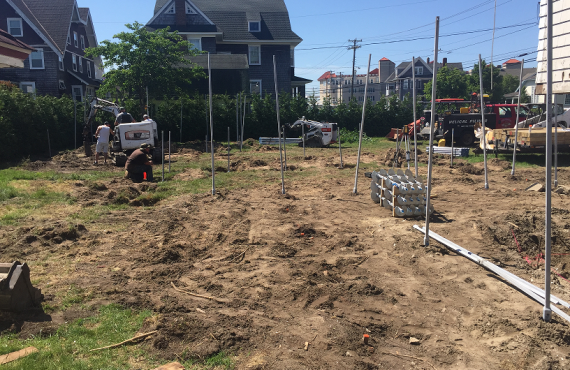

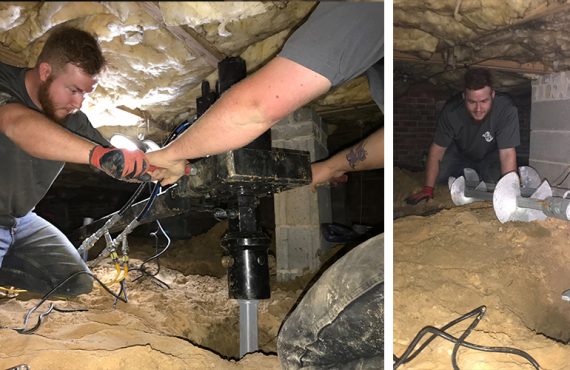
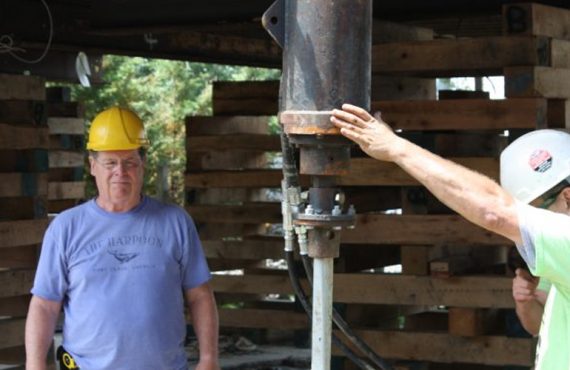
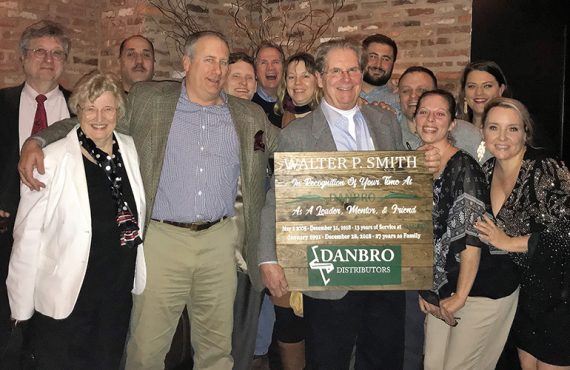
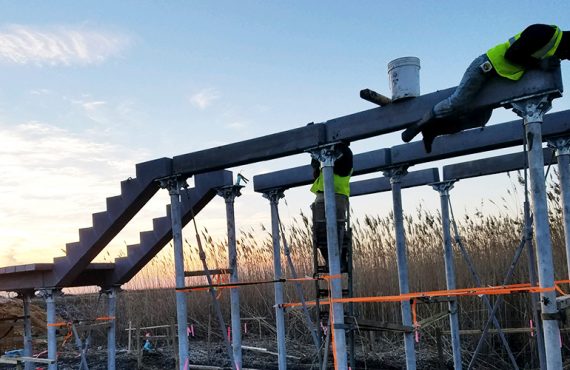
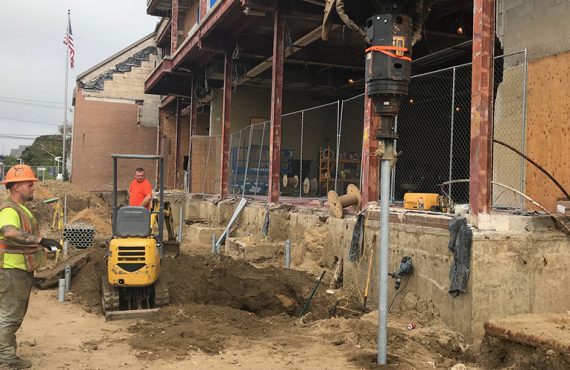
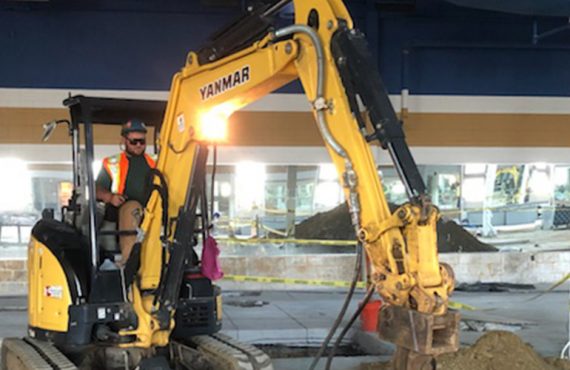
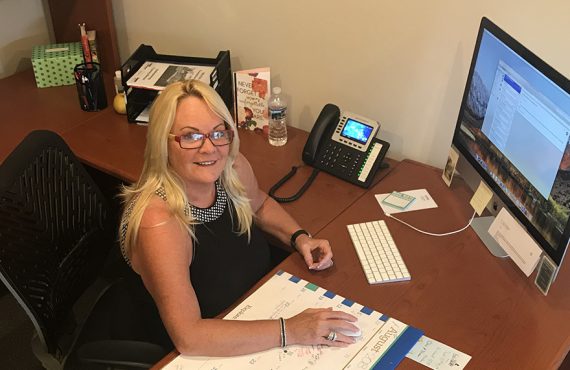
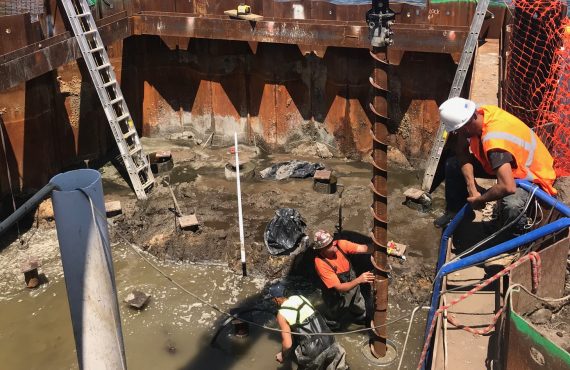
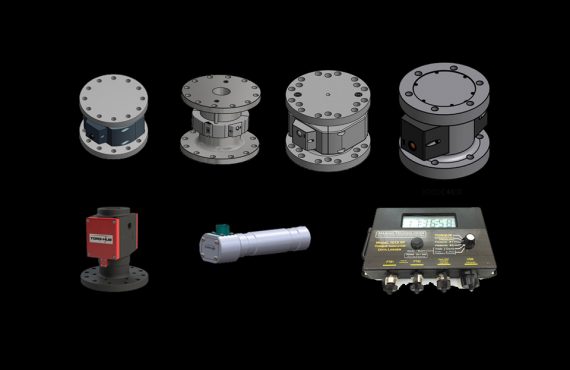
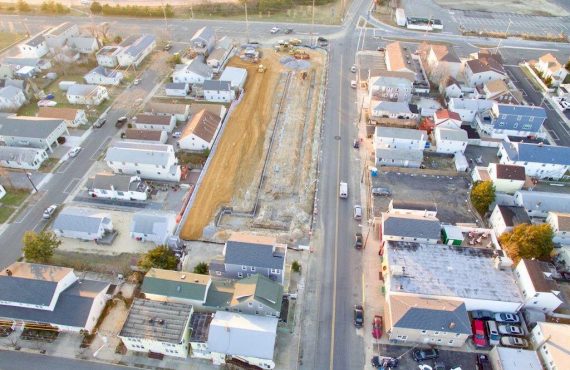




[…] Pat’s previous articles, ”A Safer Way to Save Your House” and “From One Storm Survivor to Another,” to learn more about his own family’s storm […]
[…] Pat’s previous articles, ”A Safer Way to Save Your House,” “From One Storm Survivor to Another,” and “Surviving Sandy: Compassion and […]
[…] Pat’s previous articles: ”A Safer Way to Save Your House,” “From One Storm Survivor to Another,” “Surviving Sandy: Compassion and Construction,” […]
[…] Pat’s previous articles: ”A Safer Way to Save Your House,” “From One Storm Survivor to Another,” “Surviving Sandy: Compassion and Construction,” […]
[…] Pat’s previous articles: ”A Safer Way to Save Your House,” “From One Storm Survivor to Another,” “Surviving Sandy: Compassion and Construction,” […]